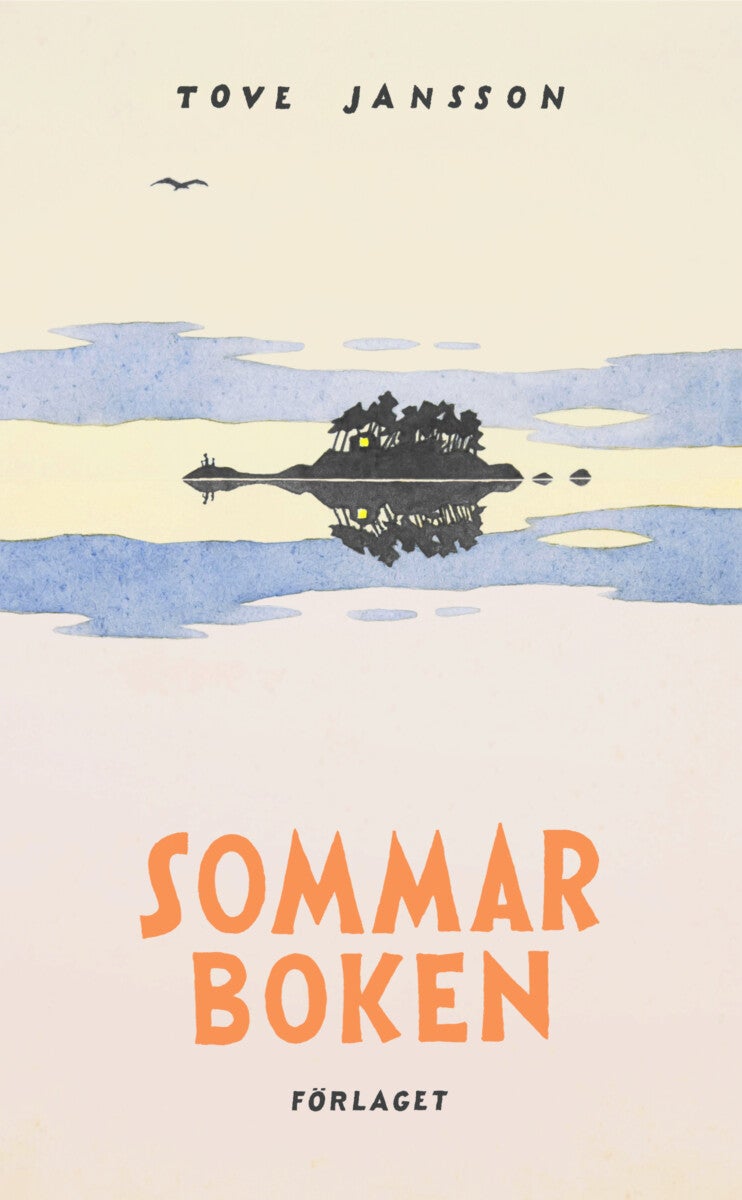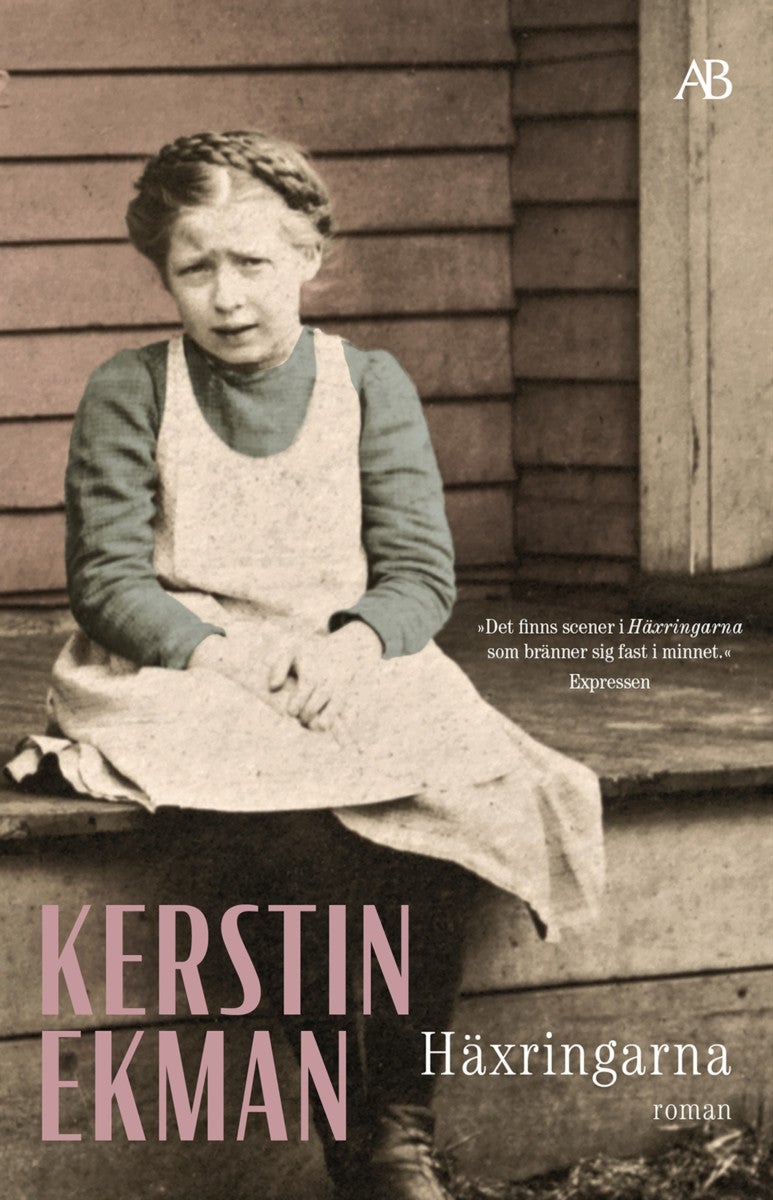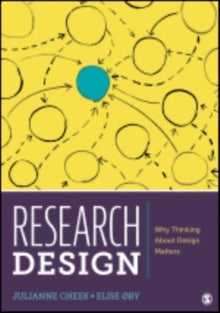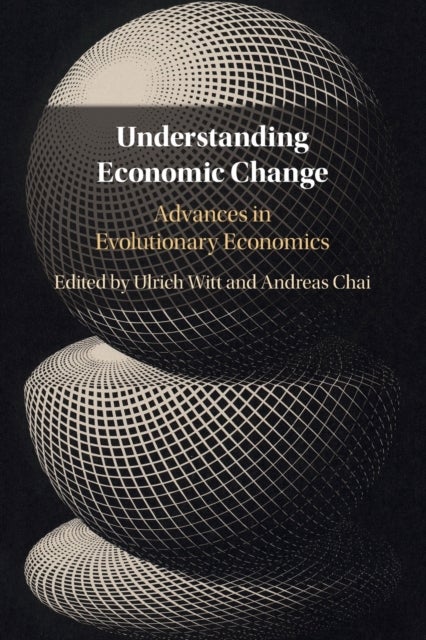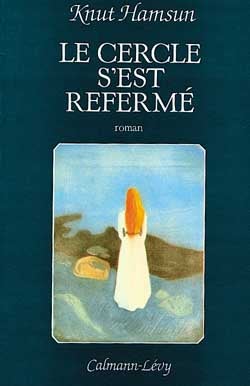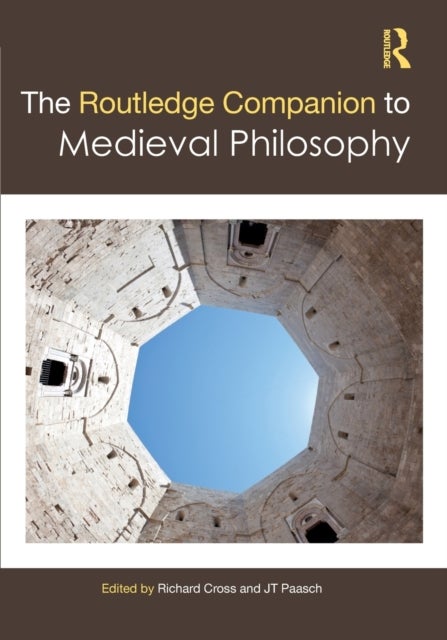
The Routledge Companion to Medieval Philosophy
559,-
<P>Like any other group of philosophers, scholastic thinkers from the Middle Ages disagreed about even the most fundamental of concepts. With their characteristic style of rigorous semantic and logical analysis, they produced a wide variety of diverse theories about a huge number of topics.<BR><BR><EM>The Routledge Companion to Medieval Philosophy</EM> offers readers an outstanding survey of many of these diverse theories, on a wide array of subjects. Its 35 chapters, all written exclusively for this <I>Companion</I> by leading international scholars, are organized into seven parts:</P><P></P><P>I Language and Logic<BR><BR>II Metaphysics<BR><BR>III Cosmology and Physics</P><P>IV Psychology</P><P>V Cognition</P><P>VI Ethics and Moral Philosophy</P><P>VII Political Philosophy</P><P></P><P>In addition to shedding new light on the most well-known philosophical debates and problems of the medieval era, the <I>Companion</I> brings to the fore topics that may not traditionally be associated w

